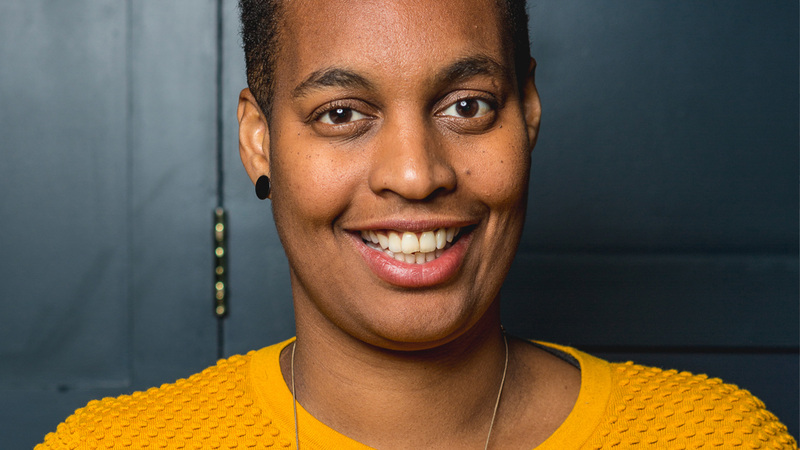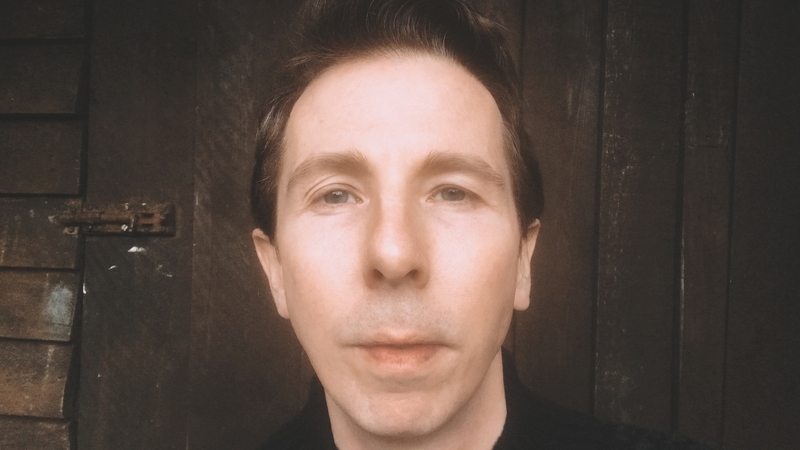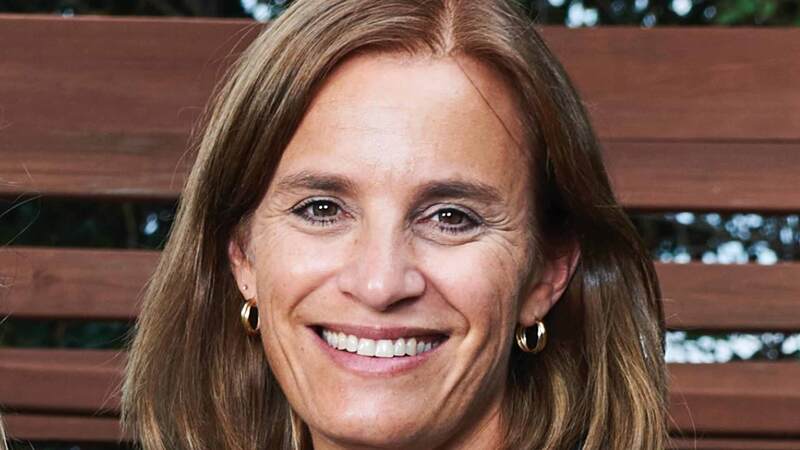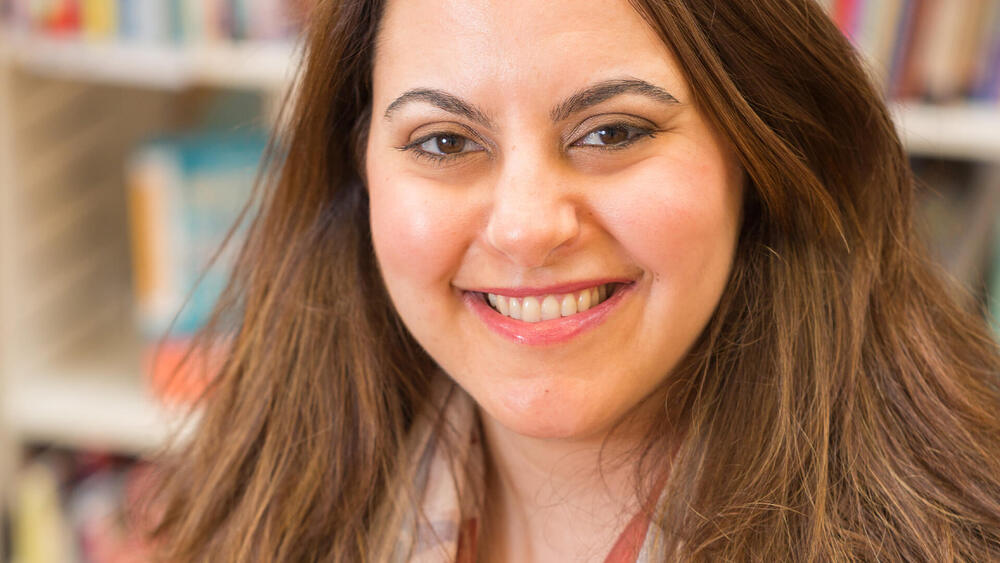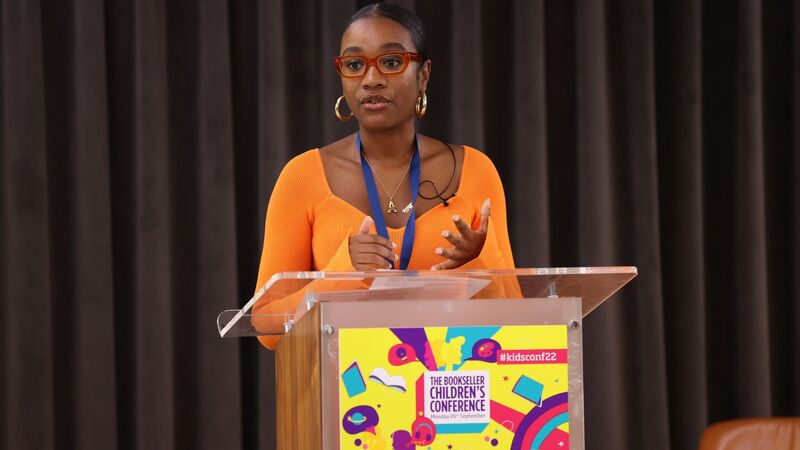You are viewing your 1 free article this month. Login to read more articles.
A degree of respect
People without a university education can bring vital skills to publishing—it is time the industry changed its recruitment practices to reflect this.
Getting into publishing is often a uniquely élitist challenge, traditionally conquered by those who went to university. Not me, I’m afraid.
I don’t have a degree, I’m not from a middle-class background and I’m mildly disabled. I’m 21 years old, having joined the publishing industry when I was just 18 and fresh out of college. Before that, I went to a grammar school, which was so focused on grades instead of the creative industries that, like many people, I didn’t even know publishing was a career option. I wish we were taught about it, and I hope we can do more to educate the next generation.
I was part of the first cohort to take part in the LDN Publishing Apprenticeship scheme. Alongside my training, I was employed by Bloomsbury. When my apprenticeship ended, I was made a permanent employee there, then in the summer of 2021, I joined the marketing and publicity team in Bonnier Books UK’s children’s division.
Side hustles
Alongside my day job, for the past two years I have run a YouTube channel specifically to share publishing content, such as behind-the-scenes knowledge and interviews with industry professionals. The channel quickly became a second job for me as I work on it most evenings and weekends. I feel that having a side hustle has become a second-nature expectation for joining publishing, both to prove your dedication and to survive on the pay, which is far from ideal.
The aim for my channel has always been to share content and demystify what goes into making the books that we see in shops. There is clearly a lack of information out there about publishing and therefore my channel is targeted at “publishing hopefuls” who can’t otherwise access help to break into the industry. I can clearly see the need for this from my YouTube viewers’ messages alone. I’ve had countless responses from people saying that the channel provides content that’s not available elsewhere, and that me opening up allowed them to explore an opportunity they didn’t think was possible, an opportunity they believed was closed off to them.
The decision not to go to university shouldn’t be seen as a reflection of intelligence or capabilities, which is an attitude I have come across in the industry. In fact, people who are not university-educated or middle class can bring a lot to publishing. Working with books requires creativity, something university-goers might lack, being more focused on academia without experiencing life in the “real” working world. Being from a non-traditional background means having different experiences that can help when choosing an author, acquiring a new book or planning a marketing campaign. Having the same type of person working in publishing will forever mean the industry is behind the times, and the reluctance to employ more diverse people will inevitably be shown through the books we publish.
That’s why it’s so important to acknowledge the prejudice and discrimination currently present in publishing’s recruitment practices. Publishing needs to get over its reluctance to recruit people without a degree. People like me can provide a fresh perspective and different skill set.
Imposter syndrome
Fellow publishing colleagues should also support and encourage the younger generation—not mock, dismiss and disdain us. Still a few years into my career, I battle with imposter syndrome due to people not taking me seriously because of my age. This is linked to my accent and background too, something I was not conscious of before I joined publishing. Coming from the southeast, I have a fairly “Essex-sounding” accent which often gets stereotyped. I have had to alter the way I talk at work and online, but why? Should I not accept who I am, instead of feeling pressure to hide my age and natural voice just to be accepted by publishing? The industry, not me, is surely what needs to change.
There is progress. I’m seeing more publishing applications ignore education levels and focus on asking applicants about solutions to problems instead, which pinpoints what will actually matter when it comes to the day-to-day work. Schemes like the LDN Publishing Apprenticeship and Creative Access are also brilliant ways to welcome new voices into the publishing space. But I feel that students leaving compulsory education should be given more insight into the mysterious world of publishing, which will encourage more unique and diverse voices to join it. In the meantime, I’ll continue to educate others with my online content and continue to celebrate that I’m just as worthy as any other book lover.
Do I feel I made the right choice to go into publishing? Yes, because I have learnt a great deal and it’s re-ignited my passion for books. That said, there have been times where I’ve felt too burnt out and out of place. I’ve been mocked and dismissed because of my age. I know there is a space for everyone here, even the youngest of us, and I am determined to prove that someone’s age or accent does not determine their intelligence, work ethic, or the level of respect that they deserve.










